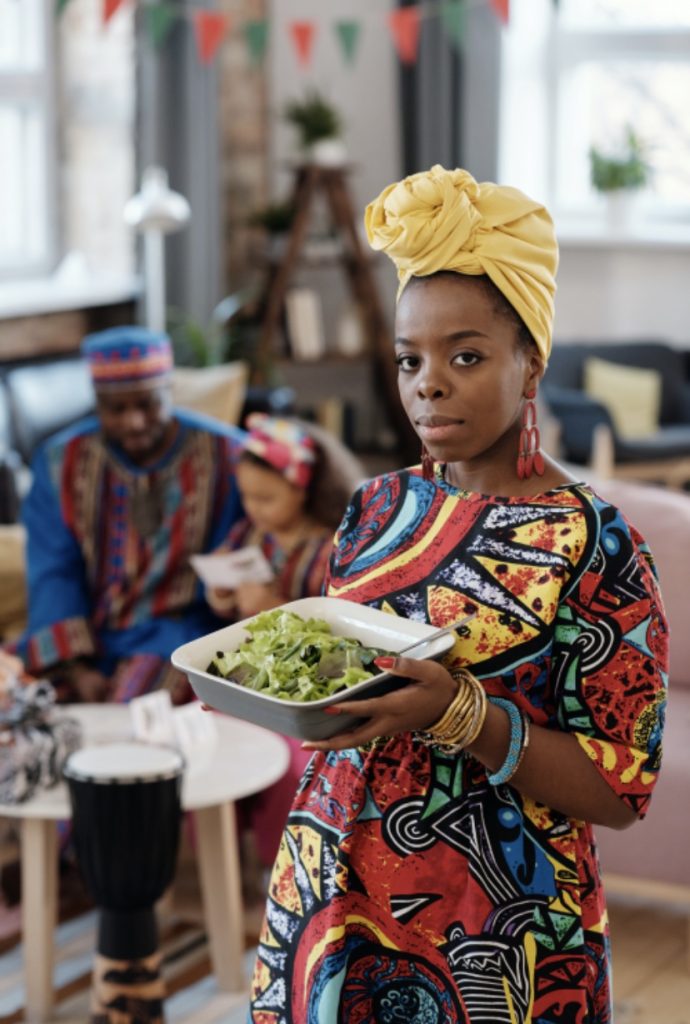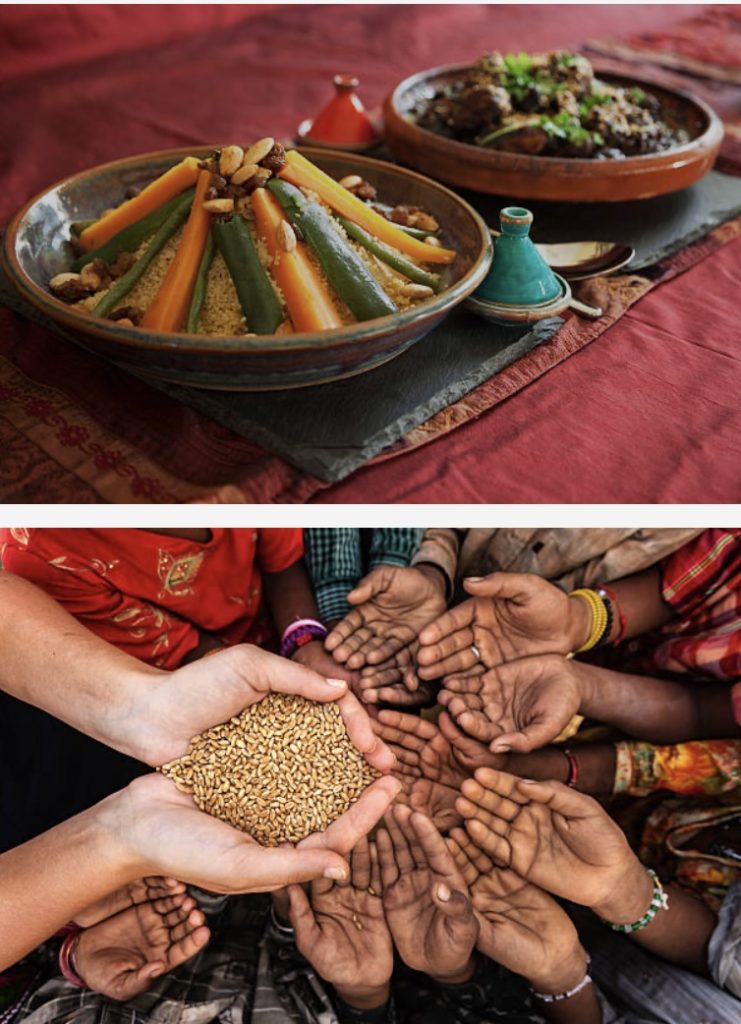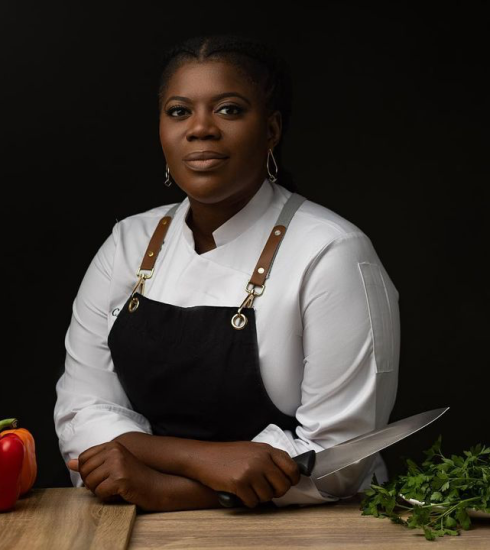The Role Of Food In African Cultural Identity And Expression
Food is life, and our body needs energy; this energy is obtained from the food we eat. Food doesn’t have a solid definition as it is something produced from nature that is mainly refined for intake.
Food travels across cultures with ease more than anything else. Every African culture has its way of preparing or producing food. Each culture’s food plays a huge role as we can use it to identify that particular culture from others. It is a huge sign of expression for that culture and tells a massive story for them.

In Africa, our food travels beyond, and it’s sought after. The diversity of our food is in each tribe; imagine hundreds of tribes that have a unique way they produce their food and make it for consumption.
In Nigeria, there are so many tribes, and they all have the specific type of food they make and produce. This plays a massive role in identifying them. When you travel to the Igbo culture, you will be met with different kinds of cuisine like Ofe nsala, oha soup, Okazi soup, egusi soup, ogbono soup, ofe owerri, okro, vegetable soup, ukwa, roasted yam and oil (New yam festival), etc. Notwithstanding, the other dishes that Nigerians make include Jollof rice, plantain porridge, yam porridge, vegetable sauce, beans, stew and rice, fried rice, etc.
The Igbo dishes are how they identify and express themselves regarding food.

Food plays a significant role in the cultural identity and expression of Africans. African cuisine is diverse and reflects the continent’s rich history, traditions, and cultures.
Food is not just a means of sustenance; it is a way to express identity, share stories, and connect with one’s community. Food is central to many African cultures’ social gatherings, celebrations, and religious ceremonies.
The way food is prepared and served is often an essential aspect of these events.

African cuisine varies significantly from region to region, with each area having unique dishes and cooking methods. For example, West African cuisine is known for its use of spices, sauces, and stews.
In contrast, East African cuisine features a variety of vegetarian dishes, including injera, a sourdough flatbread made from teff flour.
The role of food in African culture extends beyond the kitchen. In many African countries, farming and agriculture are ways of life, and food is closely tied to the land and its people. Many African societies have traditional farming practices passed down from generation to generation.
These practices help sustain the land and preserve cultural traditions and identities.

Furthermore, African cuisine has significantly influenced the food culture of other regions of the world.
For example, many dishes that originated in Africa, such as jollof rice, have become popular in the Caribbean, and African spices and flavours have been incorporated into the cuisine of many other cultures.
In conclusion, food is an essential part of African culture and identity. How Africans prepare, serve, and enjoy food reflects their unique history, traditions, and values. Africans express their connection to the land, their communities, and their heritage through their cuisine.







